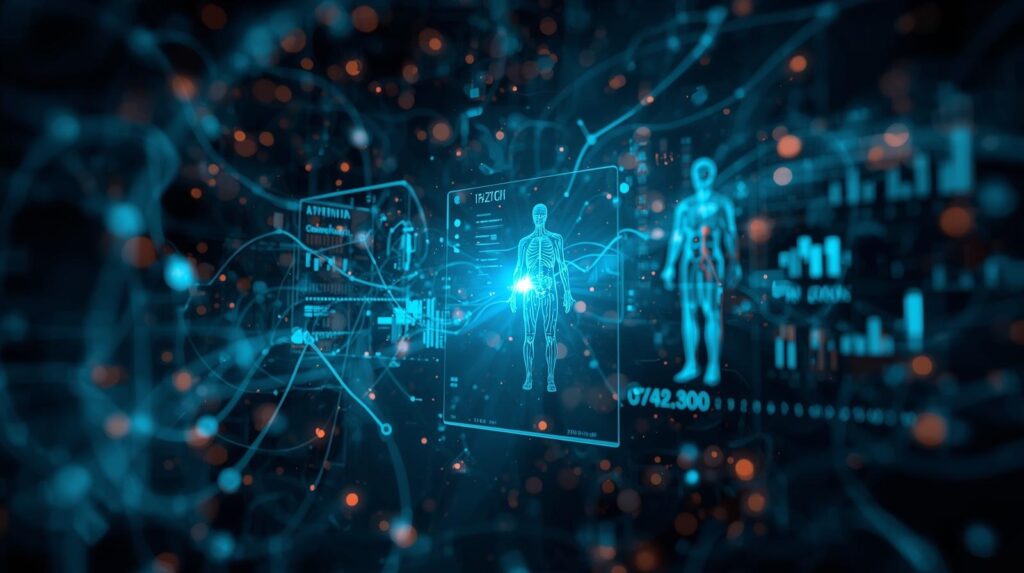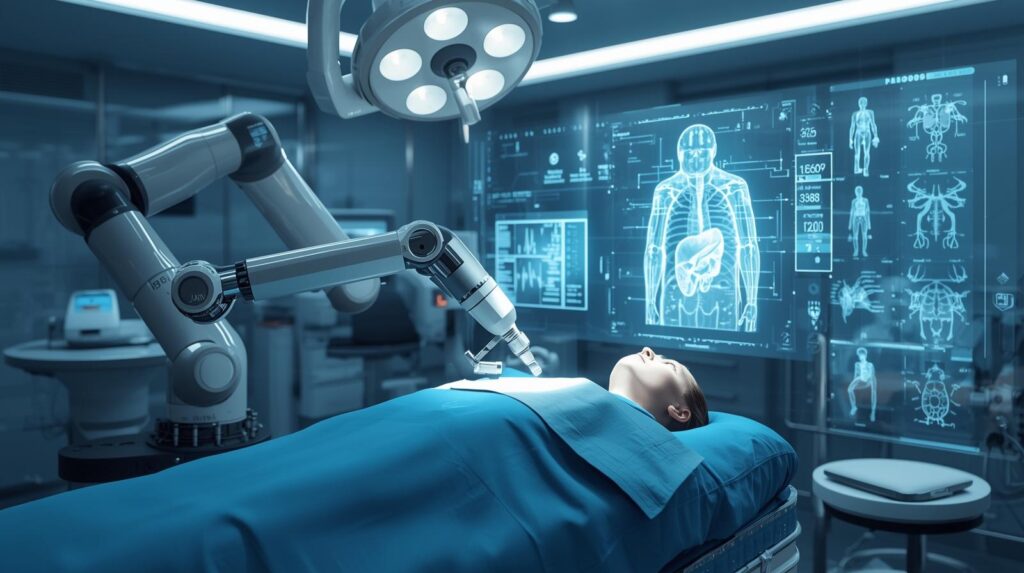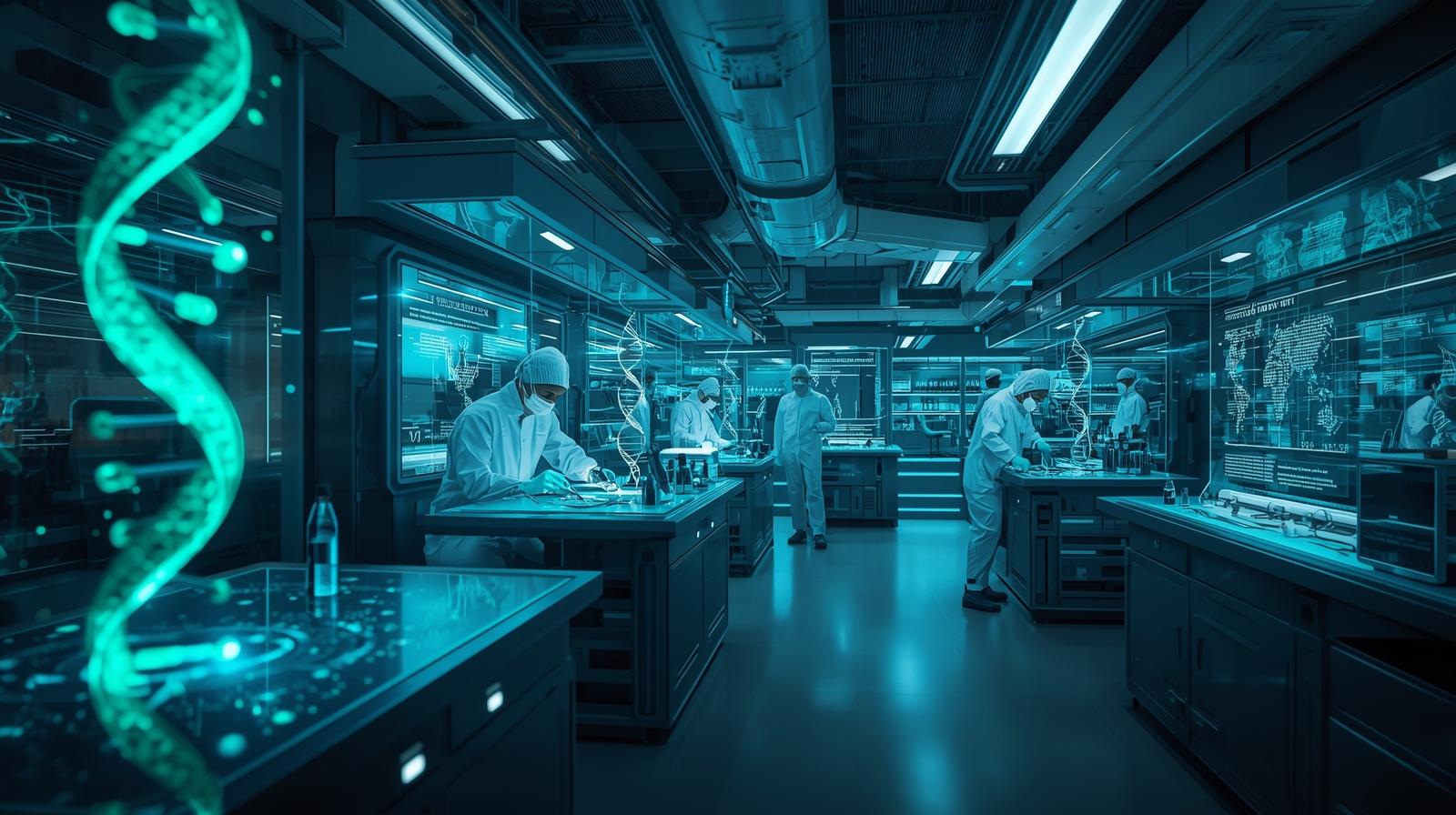The healthcare industry is undergoing a profound transformation driven by technological advancements. Across the United States, technology is reshaping how medical professionals diagnose, treat, and manage health conditions. The integration of digital tools, artificial intelligence, telemedicine, and advanced medical devices is enhancing patient care, improving outcomes, and making healthcare more accessible than ever before.
The Role of Technology in Modern Healthcare
Technology in health is not merely about new gadgets; it represents a comprehensive shift in how healthcare services are delivered and managed. Electronic Health Records (EHRs) have replaced traditional paper-based systems, allowing for seamless sharing of patient information among healthcare providers. This interoperability reduces errors, improves coordination, and ensures that patients receive timely and accurate care.
Moreover, advancements in diagnostic technologies, such as imaging and genetic testing, allow for earlier detection of diseases, which is critical in improving treatment success rates. The use of wearable health devices and mobile health applications empowers patients to monitor their own health metrics, leading to more proactive and preventive care.
Telemedicine: Expanding Access and Convenience
One of the most significant technological breakthroughs in healthcare has been the rise of telemedicine. Particularly in the wake of the COVID-19 pandemic, telehealth services have become an essential part of healthcare delivery in the USA. Patients can now consult with doctors remotely via video calls, reducing the need for travel and minimizing exposure to contagious diseases.
Telemedicine also bridges gaps for rural and underserved communities where access to specialized medical care is limited. By leveraging internet connectivity and mobile devices, patients receive timely medical advice, prescriptions, and follow-up care from the comfort of their homes. This has made healthcare more equitable and efficient.
Artificial Intelligence and Machine Learning in Health
Artificial intelligence (AI) is revolutionizing the health sector by enabling more accurate diagnoses, personalized treatment plans, and operational efficiencies. AI-powered algorithms analyze vast amounts of medical data to identify patterns that may be invisible to the human eye. This is particularly valuable in areas like radiology, pathology, and oncology, where AI assists in detecting abnormalities and predicting disease progression.

Machine learning models also support drug discovery and development, significantly reducing the time and cost associated with bringing new medicines to market. Additionally, AI helps optimize hospital operations by predicting patient admissions, managing staff schedules, and improving resource allocation.
Robotics and Automation in Medical Procedures
Robotics technology is playing an increasingly important role in surgery and rehabilitation. Robotic-assisted surgeries allow for minimally invasive procedures with greater precision, smaller incisions, and faster recovery times. Surgeons use robotic systems to perform complex operations that would be challenging through traditional methods, enhancing patient safety and surgical outcomes.
Automation is also transforming routine clinical tasks such as medication dispensing, lab testing, and patient monitoring. This reduces human error, enhances efficiency, and allows healthcare professionals to focus more on direct patient care.
Big Data and Health Analytics
The healthcare sector generates an enormous amount of data daily, from patient records to clinical trials and public health statistics. Big data analytics enables the extraction of actionable insights from this information, supporting evidence-based medicine and health policy decisions.

In the USA, healthcare providers use data analytics to track disease outbreaks, monitor treatment effectiveness, and identify risk factors within populations. Predictive analytics also aids in chronic disease management by alerting healthcare teams to patients at high risk of complications, facilitating early interventions.
The Future of Technology in Healthcare
The future of healthcare technology holds immense promise. Emerging innovations like genomics, personalized medicine, 3D printing of organs and tissues, and blockchain for secure health data management are set to further transform the industry. The integration of these technologies will make healthcare more patient-centered, precise, and sustainable.

As the USA continues to invest in healthcare innovation, it is essential to address challenges related to data privacy, cybersecurity, and equitable access to ensure that technological advancements benefit all communities.



